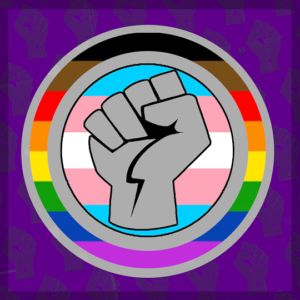In May 2020, the group partnered with Passio FM, a community radio station in Uyo to broadcast a program called Citizens Report which was aimed to sensitize the public on Covid-19 prevention and safety measures. Citizens Report is a public phone-in program where a volunteer team of experts answered questions and addressed public concerns related to Covid-19 transmission, treatment and preventive measures. From January 2021, the radio hosts noticed that the feedback they received from members of the public indicated a lot of disinformation and discrepancies from the government regarding vaccine quantities, distribution and the number and demography of people actually vaccinated. They decided to investigate the case:
“We subsequently wrote to the Ministry of Health seeking clarification, but were waved aside with a response that a special committee was assigned the role of overseeing the vaccine distribution to the public. Information about the vaccination program was generally sketchy, they couldn’t present any data showing equitable vaccine distribution and our investigations showed that the major political party in the state was scheduling vaccination programs mainly to favour their members, relatives and political acquaintances over the elderly, medical staff and essential personnel.”
The group states that, as Covid-19 is a serious threat to humanity, vaccination processes should be transparent, free, accessible and comprehensive to all, regardless of gender or social status. Sadly this is not the case in Nigeria, where currently only politicians and their relatives and the rich are prioritized in the vaccination program.
Thus, the Covid-19 Ambassadors organized a three-day protest to bring to public awareness the corrupt practice of vaccine hoarding and nepotism in vaccine distribution. Next to the protest, the activists committed themselves to tracking all the data concerning the vaccine distribution. With a group of volunteers they aim to verify, track and publish vaccine distribution statistics with photo evidence. With this data they highlight the corruption and ineptitude in the vaccination program and call out government officials on their malpractices.
Het Actiefonds supported the group with funding for website development, radio airtime, personal protection equipment and camera equipment for onsite monitoring of vaccine distribution.
NB. We speak about a local action here, but we shouldn’t forget that the worldwide vaccine distribution is far from equal as well. A global, even distribution of vaccines and accessible health care is needed to overcome the pandemic. Speak up if you can and help to diminish the inequalities that lie at the root of so many global [health] challenges.

